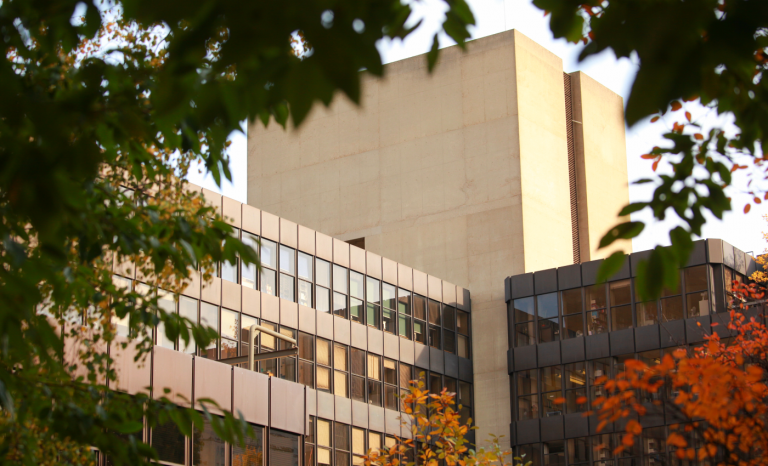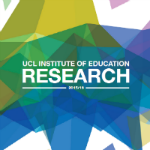Queen's Anniversary Prize awarded to UCL Institute of Education
19 November 2015

In recognition of its "world leading contribution to the policy and practice of education with international reach around innovative social research" UCL Institute of Education (IOE) has been awarded a Queen's Anniversary Prize for Higher and Further Education.
The Prizes are a biennial award scheme within the UK's national honours system. They are the most prestigious form of national recognition open to a UK academic or vocational institution. The awards are presented by The Queen, with the Duke of Edinburgh, in recognition of work by universities and colleges judged to be of world class excellence.
IOE is a world-leading centre for research and development in education and related areas of social science and professional practice. It is the largest and most esteemed provider of postgraduate initial teacher education nationally. In the 2014 and 2015 QS World University Rankings, the Institute was ranked number one for Education worldwide.
Professor Chris Husbands, Director, IOE said:
"I'm genuinely delighted by this. As I prepare to leave the IOE, it is extremely rewarding to see another accolade for the hard work of my colleagues: leading them and the IOE has been the greatest privilege of my professional life. The Queen's Anniversary Prize reflects the full range and influence of the IOE's work - an institution of the highest quality, and a genuine force for good in the world."
Professor Michael Arthur, UCL President and Provost added:
"Congratulations to UCL Institute of Education on receiving this prestigious prize. The Institute of Education joined UCL in 2014, and there continues to be real excitement around the significant advances that the merger can deliver in the fields of social science and education whilst further advancing the work that we undertake to develop education. This award reinforces what an outstanding institute we have merged with and it is a testament to the exceptional research pursued by the faculty."
Notable achievements include the Institute's Thomas Coram Research Unit's innovative new approach to providing research evidence for policy-makers in the field of children and families and the Institute's Evidence for Policy and Practice Information and Co-ordinating Centre's pioneering use of systematic review beyond the medical field. The Institute also hosts four of the national cohort studies, including the Millennium Cohort Study which is following more than 19,000 children who were born in the UK at the turn of the century.
The Institute is the only centre in the UK higher education system focused on building capacity in the teaching of Mandarin Chinese in schools. The UCL IOE Confucius Institute for Schools leads a network of 'Confucius Classrooms' in England which serve as centres of excellence in schools, delivering professional development and advising other schools interested in offering Mandarin for their pupils.
The Institute's Centre for Holocaust Education is the only institute in the world to combine research into classroom needs with programmes specially designed to enable teachers to meet those needs and challenges. The Centre recently released the most detailed and authoritative national portrait every created of students' knowledge and understanding of the Holocaust, drawing on responses from over 8,000 11-18 year olds.
As well as having a significant impact on education in the UK the IOE's work extends across 100 countries. The Institute has made a sustained contribution to education in developing countries. Its recent research has included work to improve access to education in India, and to raise the quality and reach of primary education in Sri Lanka, work to facilitate girls' access to education and improve their safety and wellbeing across Africa, and engagement with education policy as a means of progressing relations within post-civil-war Myanmar. These projects have achieved their impact, each across tens of thousands of children and their communities, through close collaboration with third sector partners, the DFID and agencies such as the World Bank.
Image
- UCL Institute of Education
 Close
Close


